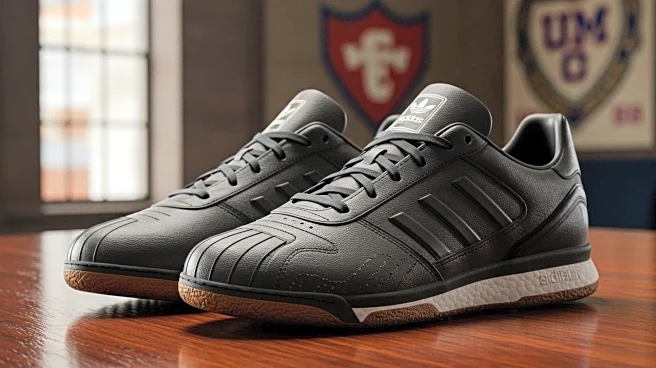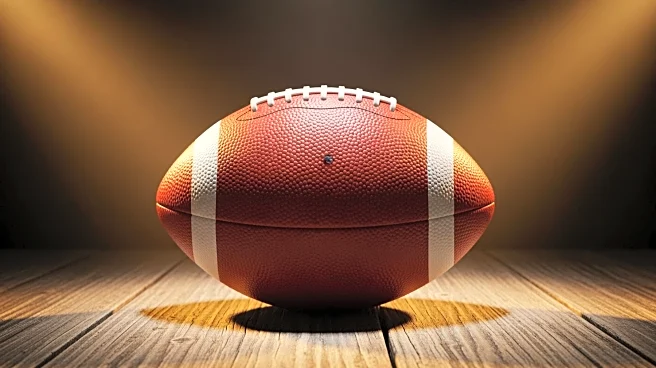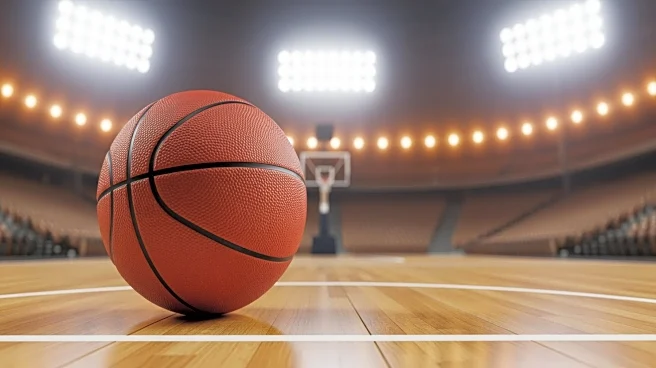What is the story about?
What's Happening?
Tennessee has announced a significant partnership with Adidas, marking a return to the brand after a previous 20-year collaboration that ended in 2014. The new 10-year contract is described as one of the largest apparel deals in college sports history, with an estimated value of at least $10 million annually in product and cash. A key component of this deal is the inclusion of substantial Name, Image, and Likeness (NIL) opportunities for Tennessee athletes, which Adidas plans to implement even before the contract officially begins next July. This move is part of a broader trend in college sports where apparel companies are increasingly offering NIL-centric contracts to attract university partnerships.
Why It's Important?
The partnership between Tennessee and Adidas highlights the evolving landscape of college sports, where NIL deals are becoming a crucial factor in recruiting and retaining top athletes. By offering significant NIL opportunities, Adidas aims to provide Tennessee athletes with competitive advantages, potentially influencing other universities to seek similar arrangements. This shift reflects a broader trend where schools are leveraging third-party endorsement deals to exceed revenue-share caps, thereby enhancing their athletic programs' appeal. The deal underscores the growing importance of NIL in college sports, impacting how universities negotiate with apparel and multimedia rights partners.
What's Next?
As the Adidas-Tennessee partnership sets a precedent, other universities with expiring apparel contracts, such as LSU, Penn State, and USC, may pursue similar NIL-focused deals. This could lead to a competitive bidding war among apparel and multimedia rights companies aiming to offer the most attractive NIL packages. Additionally, the College Sports Commission's enforcement process will play a crucial role in determining the legitimacy of these third-party deals, potentially influencing future negotiations and partnerships in college sports.
Beyond the Headlines
The emphasis on NIL deals in college sports raises ethical and legal questions about fair compensation and the influence of corporate sponsors on collegiate athletics. As schools and companies navigate this new landscape, the balance between commercial interests and maintaining the integrity of college sports will be closely scrutinized. The long-term implications could include shifts in how athletes are compensated and the role of traditional booster collectives in supporting athletic programs.















